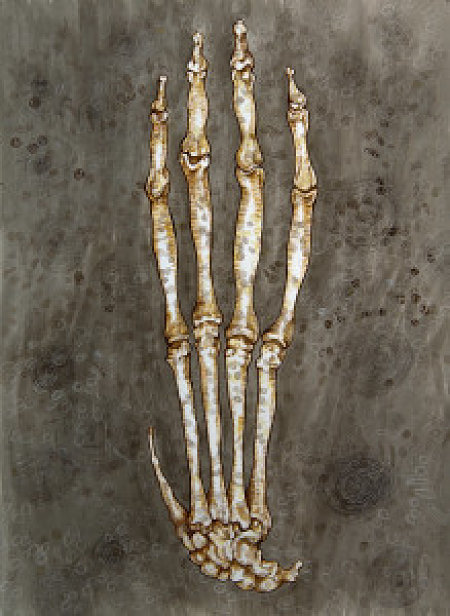
Two Eternities
*
He began his long descent into the open valley, where the gently falling, gently settling snow persisted in its quest to efface all trace of him from the land. He picked his way through the rocks, slowly and with great care, and when he reached the valley floor, he doubled his pace, planting his poles in the snow with cold determination, measuring each breath as if he were counting out drinks from a shot glass.
Jamison a teacher? Why not, he thought? It made sense, didn’t it? Perfect sense, given the grief Jamison had caused his own teachers that year they were in school together. Who, at nineteen, can quote Ovid? Hesiod? Pindar? Even more curious, who at nineteen admits it? No, no, no. It more than made sense. It made a clean, schooled, bookish sense that he might be a teacher. It was, in fact, Sophoclean in its irony that Jamison—with his photographic memory, his penchant for leaping from desk to desk as he levitated on the words of dead men—might, in the end, become a prisoner of the classroom himself.
*
The ranger’s cabin, which had been below Cassidy’s sightline as he started down the ridge, was now on a level plane before him, though still some distance away. It sat beautifully on the snow, and was marvelous to look at with its milled logs and fine white chinking. It had taken on the appearance of a layer cake peaked with thick white frosting. A gloriously sentimental image that belonged on a Christmas card.
Cassidy thought about Katie as the cabin came clearer and clearer into view, knowing that she would have melted at the sight of it. But it wasn’t to be. Not this year anyway, not this time out. He’d invited her—urged her, in fact—to come along, but she’d declined the offer, sensing, perhaps that her presence would be an intrusion. No, she’d told him, giving his hand an affectionate little squeeze. You go. It means something special to you. I’d only be in the way.
When she’d said this Cassidy had smiled reservedly, a little embarrassed. She was right, of course—there was something special and, yes, grail-like, in his desire to return to the cabin—yet the truth was, had he been forced to assign some arbitrary measure of importance to the matter, the final reckoning would have elicited little more than a yawn.
A book? she’d said, somewhat taken aback.
Yes, he’d explained. I’m going back for a book.
She’d stared at him in disbelief when he’d said this, and when he bid her goodbye the following morning her bottom lip trembled as if she were losing him to some long forgotten lover. A book, she must have thought? What sort of book could lure a man over snowy mountains and frozen ice fields thirty years after he’d abandoned all thought of it?
You’re sure there’s nothing else? she’d said.
That’s the whole of it, he’d insisted.
She’d smiled, bravely, as he held her hand. She’d even kissed him. It was difficult, no doubt, to believe his reason for undergoing this absurd, ill-timed journey, yet she did her best. She’d expressed none of the reservations or apprehensions he knew she must have felt. Made no mention of the friends and colleagues they’d known at the university who had fallen prey to the middle age howl, destroying themselves with cruel infidelities and philandering lies. The only thing she’d said as he walked out the door that morning was that she loved him.
I love you, too, he’d told her.
